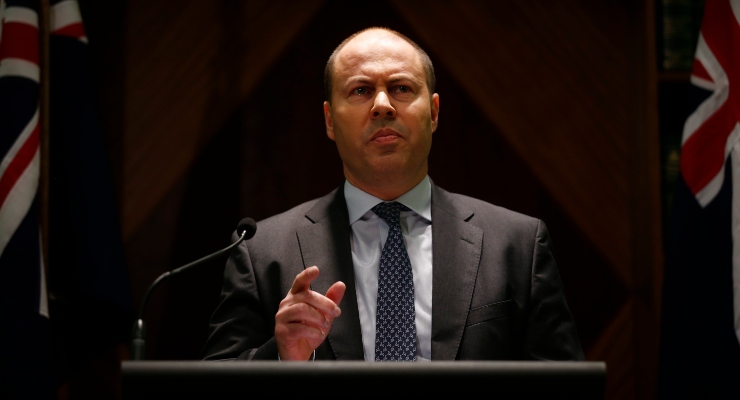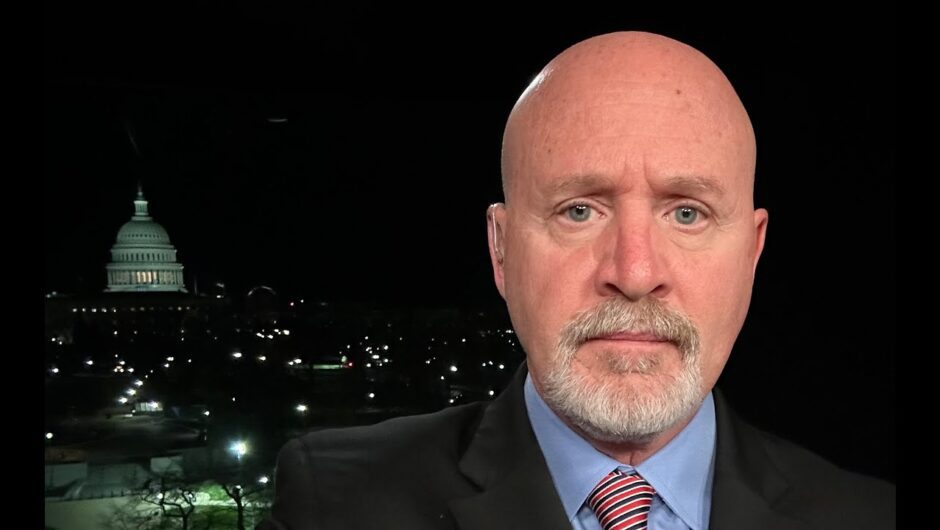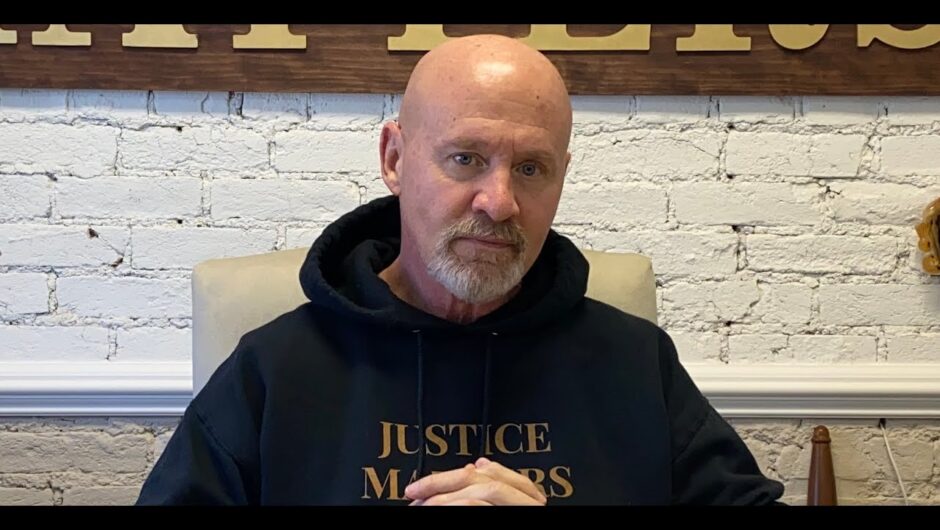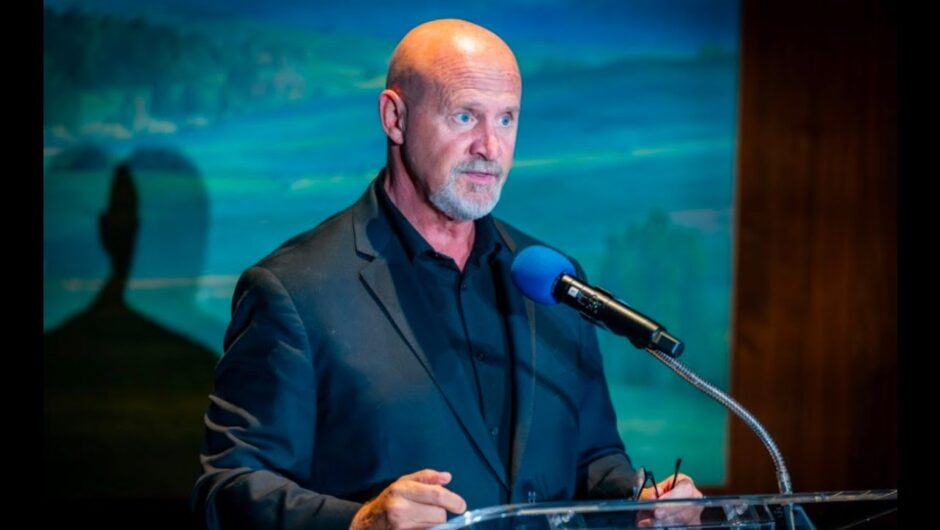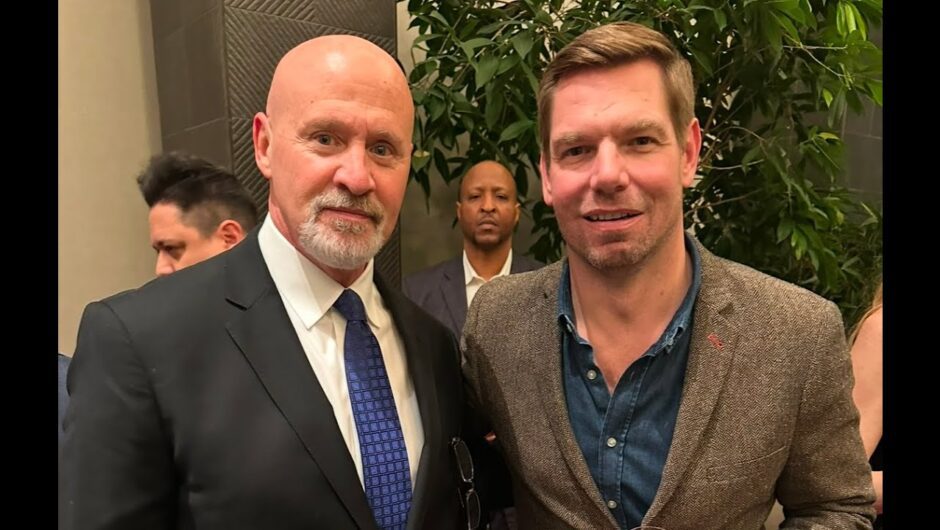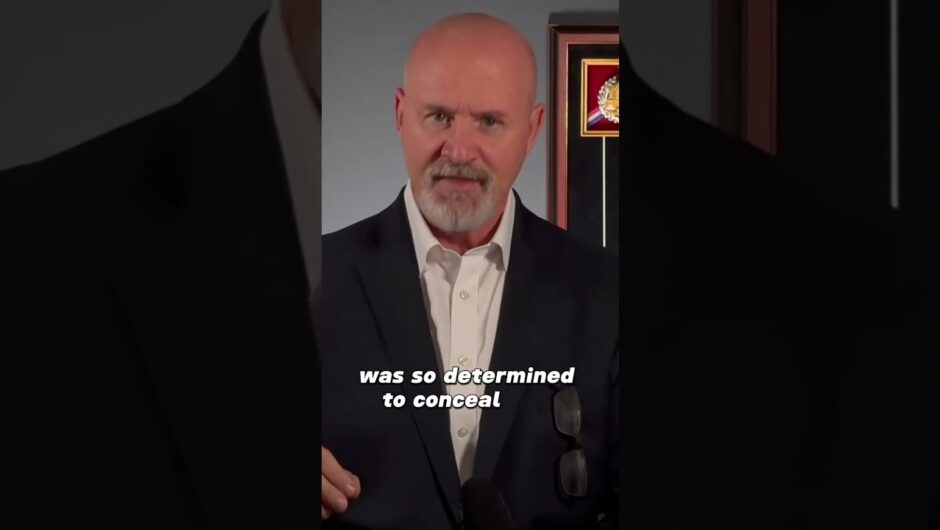The government is attempting to step in and stop superannuation funds from making poor investment decisions with your retirement savings. But support for the government’s “Your Future, Your Super” package is waning — Coalition MPs have criticised it as giving too much power to Treasurer Josh Frydenberg.
Instead the system should be democratised, with superannuation members empowered to vote on where their cash is invested and trustees held to account for poor decisions.
An attempt to silence ‘activism’
Non-profit industry super funds, which are jointly governed by union and business representatives, consistently outperform for-profit funds financially. But the Coalition, always keen to kneecap union-affiliated funds, is spinning the narrative that “activist” union-aligned trustees use their financial clout to “pursue political objectives at the expense of members’ interests”.
Frydenberg and his anti-industry fund acolytes have complained about ACTU president Michelle O’Neill’s call for union-aligned trustees to punish BHP for its industrial record, AustralianSuper and CBUS pushing Glencore to lower carbon emissions, HESTA pushing for gender parity from investees, and Industry Super Holdings’ support for news site The New Daily.
Thus the government proposes tightening the “sole purpose” test — from trustees making decisions “in members’ interests” to “in members’ financial interests”. Failing that, the legislation would give the treasurer draconian powers to bar funds from investing in things he deems against your interest (or, presumably, his).
Add to that a regulatory proposal restricting the actions of proxy advisers, who counsel institutional investors like super funds on matters such as whether to approve CEOs’ pay packets or penalise them for, say, rorting JobKeeper or heating the planet.
Yet far from political agendas being imposed on unwitting members by “woke” trustees or their advisers, it is more often members holding their fund managers’ feet to the fire, often with limited success, over the environmental and social returns on their savings. So by attacking non-financial benefits, the government is not protecting you from politically correct trustees. It is instead further limiting the scope of your financial power.
For instance, the superannuation sector has come under sustained pressure from members to reconsider its investments in fossil fuels. My fund, UniSuper, has made concessions to a member-led campaign, which I have signed on to, calling for it to phase out its investments in non-renewable sources of energy.
A recent court ruling found funds can be found negligent for not divesting from coal, given the coming collapse of fossil fuel companies, meaning the financial interests test would not fully curtail this activism. But given the extensive proposed powers for the treasurer, and the government’s willingness to use state power to prop up fossil fuels even against market sentiment, activist groups such as Market Forces are treating the Your Future, Your Super reforms with scepticism.
A democratised system
But what if such campaigners are merely a vocal minority drowning out “quiet Australians” who actually want their savings pissed away on white elephant gas projects? There is a sure-fire way to find out: ask them. Empower members to vote on contentious investment decisions and give them avenues to hold trustees accountable when they get it wrong.
Since Paul Keating opted for a privatised model for compulsory superannuation instead of creating a single public fund, a “principal-agent” problem arose whereby members often don’t know who to hold accountable for investment decisions and how. Most funds’ boards are unelected and there are few formal avenues to influence their decisions.
The Morrison government partially addressed this last year when it required funds to hold annual member meetings. But members can only ask questions, not vote on binding motions or sack trustees so the meetings are often just hollow talk shops. If the Coalition was genuinely committed to empowering members to hold trustees to account, instead of merely throwing another hurdle in front of activist groups, it would seek to further democratise funds.
This is perhaps the Coalition’s greater fear regarding superannuation — that despite its best efforts to turn it into a tax-evasion vehicle for the wealthy, union involvement would precipitate the system’s evolution into something more radically democratic and egalitarian than Keating’s original vision, something like Sweden’s Meidner funds.
Economist Richard Denniss has noted the irony and opportunity represented by some of Australia’s biggest companies being partly owned by workers’ latent assets, a kind of quasi-socialisation of capital.
Imagine how our economy might look if workers were given a greater say in how their enormous collective wealth was invested. It could be used — as Labor has threatened should Frydenberg’s new powers pass — to force funds to divest from firms that steal their workers’ wages or to enforce any number of progressive standards.
Workers are increasingly realising the power their super affords them and demanding their collective wealth be used not just to finance their retirement, but to reshape Australian capitalism. If Frydenberg truly cared about empowering members, he’d put your future and your super in your hands.
Do you want your super to be in your hands? Write to [email protected]. Please include your full name to be considered for publication in Crikey’s Your Say section
Help us keep up the fight
Get Crikey for just $1 a week and support our journalists’ important work of uncovering the hypocrisies that infest our corridors of power.
If you haven’t joined us yet, subscribe today and get your first 12 weeks for $12.
Cancel anytime.

Peter Fray
Editor-in-chief of Crikey

